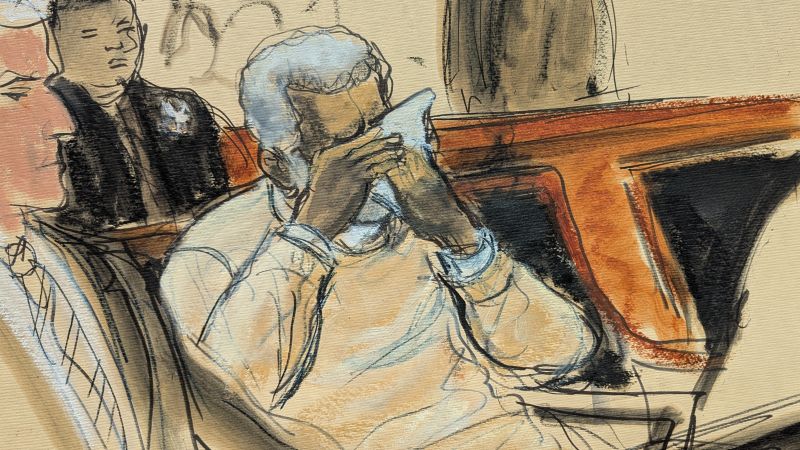Israel has deported another 137 activists from 14 different countries who were detained when a humanitarian flotilla attempting to deliver aid to Gaza was intercepted earlier this week, according to Israeli foreign ministry officials.
The deportations, which took place on Saturday, bring the total number of activists expelled to over 200 since the flotilla was stopped by Israeli naval forces on Tuesday. The activists were attempting to break Israel's naval blockade of Gaza to deliver humanitarian supplies including food, medical equipment, and construction materials.
"These individuals knowingly violated Israeli territorial waters and attempted to breach our legitimate security measures," said Israeli Foreign Ministry spokesperson Lior Haiat. "Israel maintains the right to defend its borders and prevent unauthorized access to Gaza, which is controlled by Hamas terrorists."
The flotilla, organized by the Freedom Flotilla Coalition, consisted of three vessels carrying approximately 500 activists from various countries including Turkey, Malaysia, Indonesia, and several European nations. Israeli authorities claim the ships were carrying materials that could be used for military purposes by Hamas.
International human rights organizations have condemned the interception and deportations. "This is yet another example of Israel's systematic efforts to prevent humanitarian aid from reaching the people of Gaza," said Sarah Leah Whitson, executive director of Democracy for the Arab World Now.
The remaining activists are being held at detention facilities in southern Israel while their deportation proceedings continue. Israeli officials say they expect to complete all deportations within the next 48 hours.
This incident marks the largest interception of a Gaza-bound flotilla since 2010, when Israeli commandos killed nine Turkish activists aboard the Mavi Marmara ship, sparking international condemnation and severely damaging Israeli-Turkish relations.










